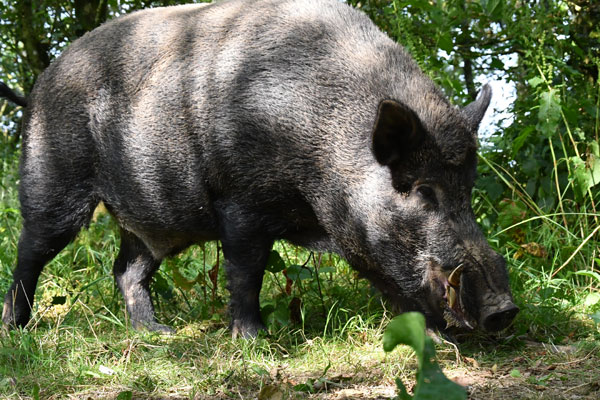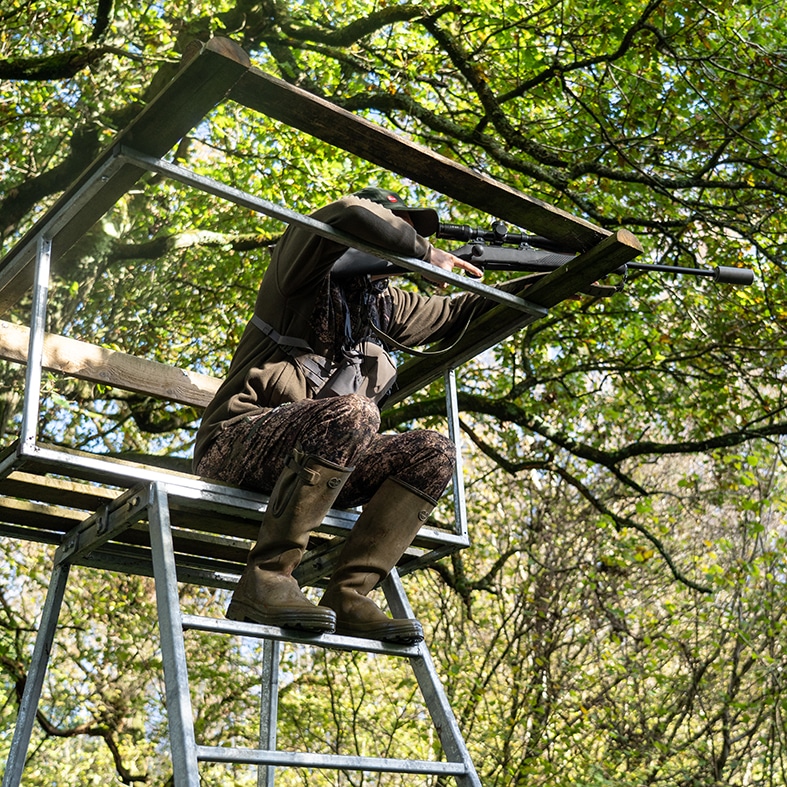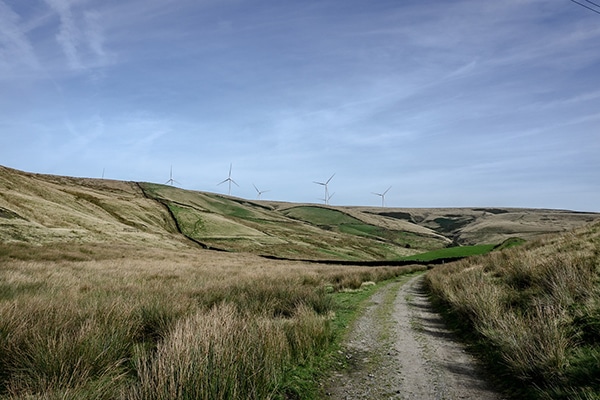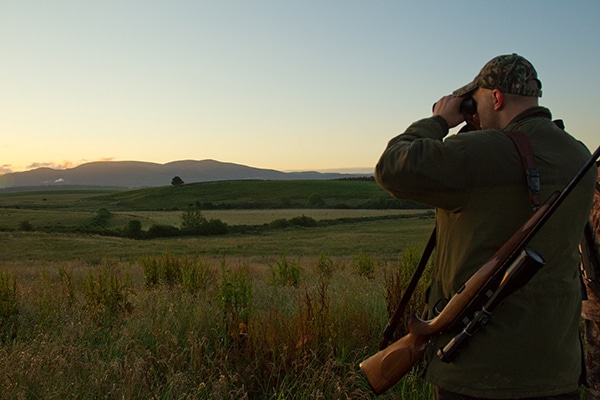
Wild boar certificate
This course is designed for the sportsman or woman as part of their ongoing commitment to humane and responsible hunting of wild boar.
Get information on the legal shooting season for mammals and birds in the UK.
Apply for funding for your project or make a donation today
Comprehensive information and advice from our specialist firearms team.
Everything you need to know about shotgun, rifle and airgun ammunition.
Find our up-to-date information, advice and links to government resources.
Everything you need to know on firearms law and licensing.
All the latest news and advice on general licences and how they affect you.


Home » Deer management » Deer management advice » High seat maintenance
High seats are an integral part of any stalking ground where there are no natural high points or features from which to spy or shoot deer. They allow for safer shooting and, being above deer means you are less likely to be smelled or seen by deer.
As harvest gets underway and the deer have nowhere to hide, high seats can be even more useful in keeping you above eye level.
Your ground may have a variety of seats installed on it and these range from free-standers (which do not need any support) or lean-to seats, which use tree trunks as the support, to portable or permanent open seats or towers with a roof, to protect you from the elements.
High seats may be homemade or commercially made and they can be wooden, metal or a combination of materials.
Whatever type or material, all high seats require maintenance to ensure they are safe to use. It is good practice to undertake a formal check on each of your seats once a year and preferably once a month, as well as checking every time you go to climb into it.
It’s also important to keep a record of all maintenance checks; numbering each one of your seats helps with this recording.
Stalkers have reported both theft and vandalism of high seats. It is easy for the latter to sometimes go unnoticed if it is a case of, for example, someone sawing partway through a wooden upright or ladder rung, which is why is so important to check your seats regularly.

This course is designed for the sportsman or woman as part of their ongoing commitment to humane and responsible hunting of wild boar.


BASC currently has three deer stalking schemes in operation – Bowland in Lancashire, Baronscourt (Northern Ireland) and East of England (near Newmarket).